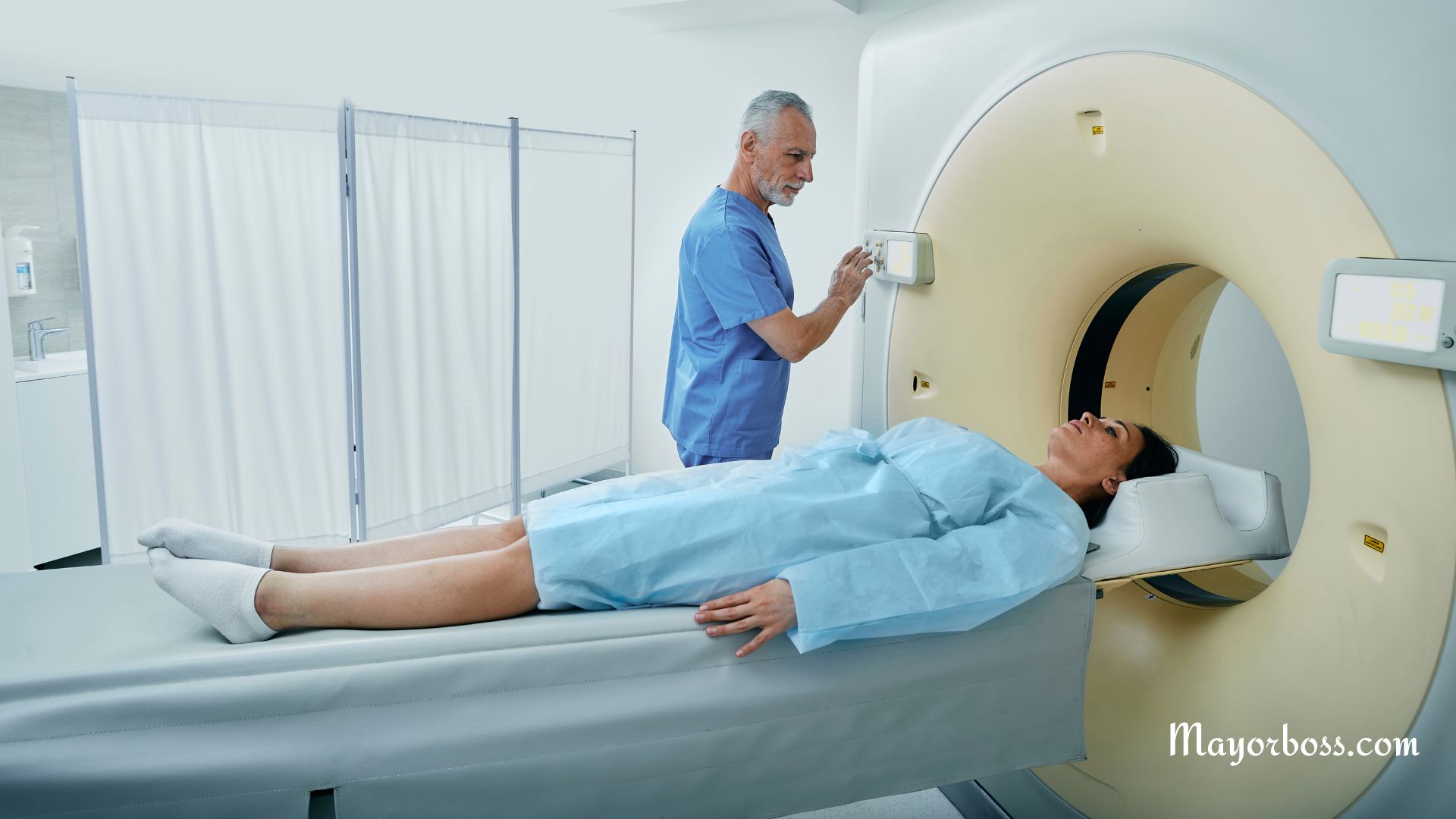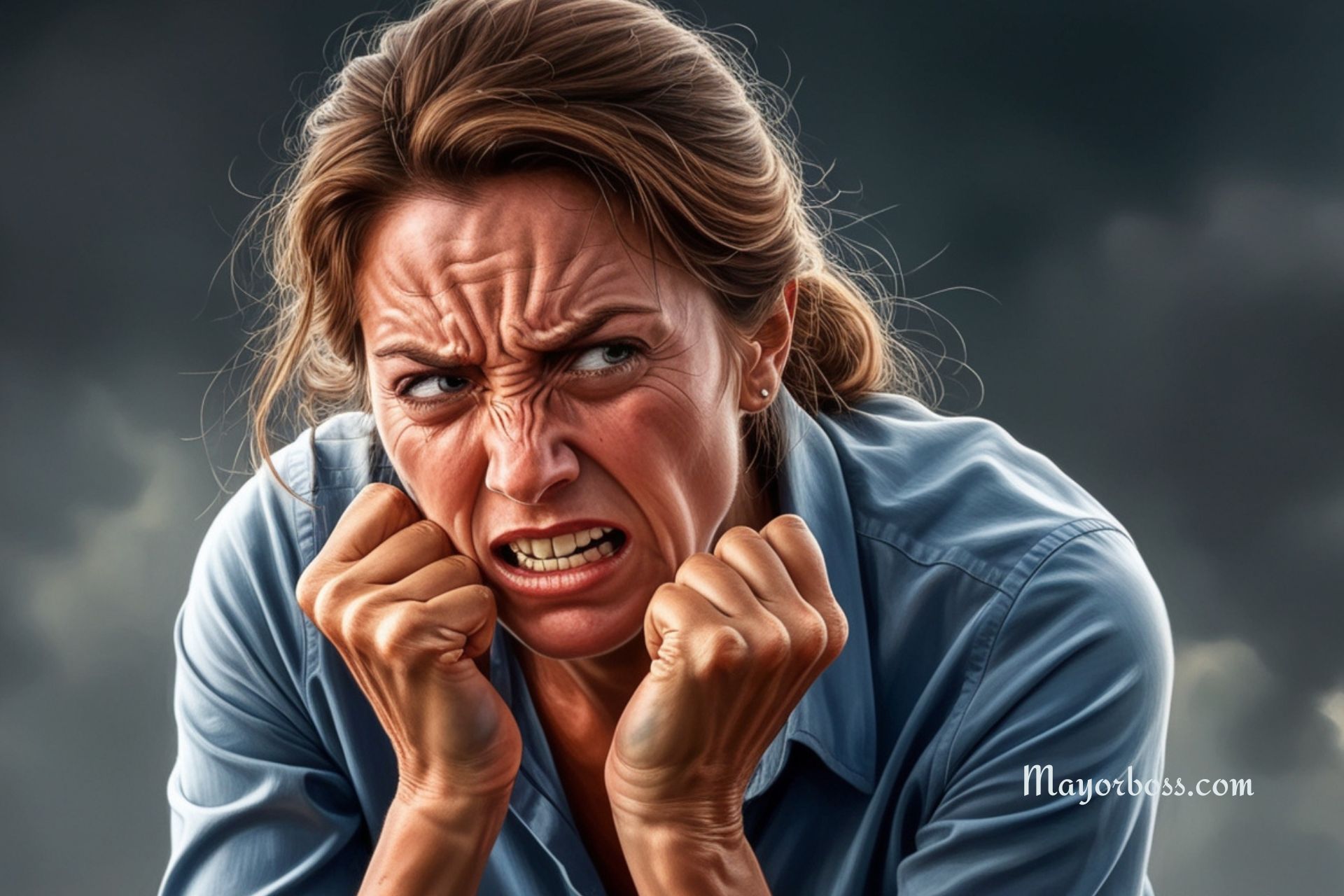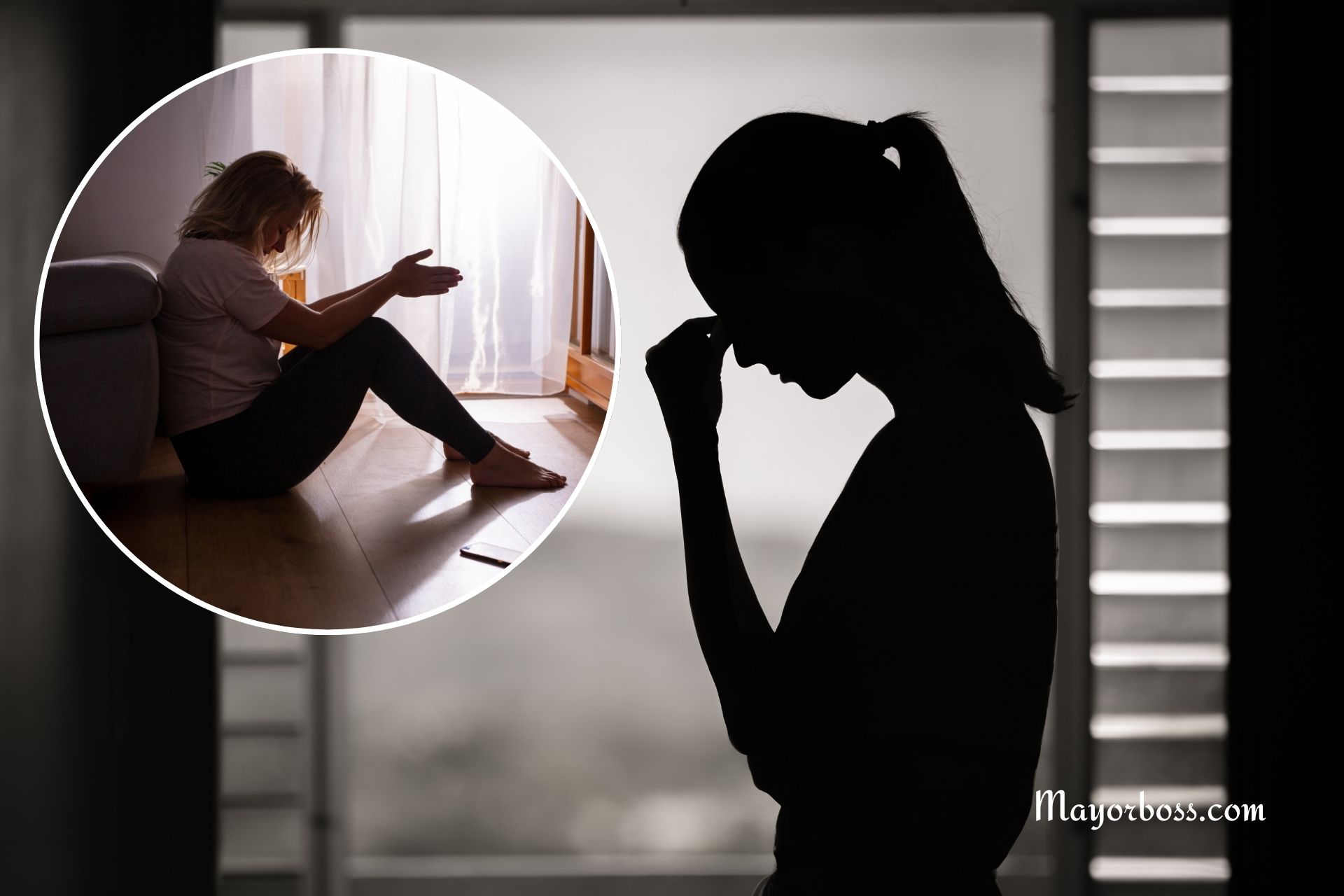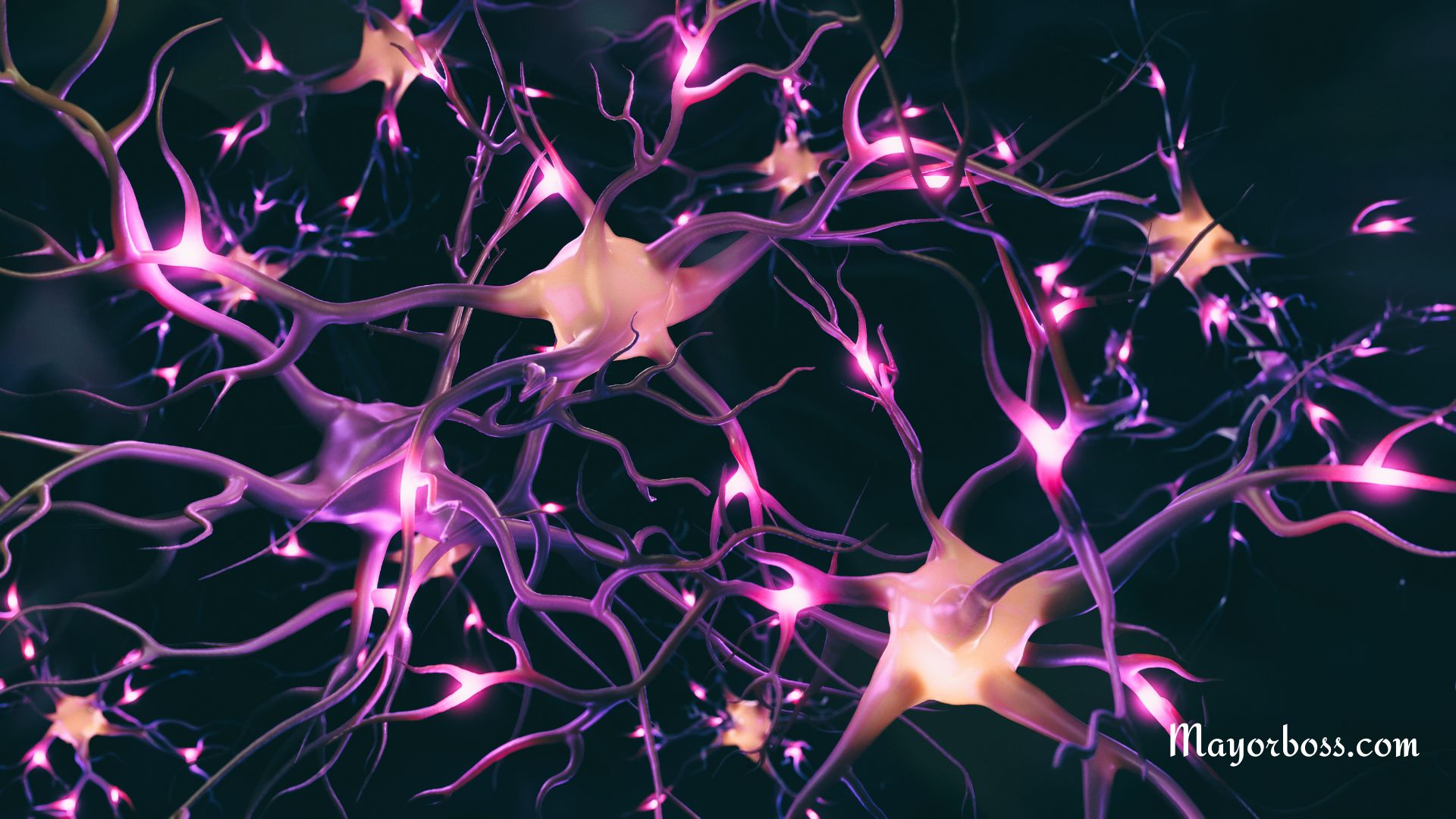What is a CT Scan of the Chest?
What is a CT Scan of the Chest?
A CT scan, which stands for Computed Tomography scan, is a medical imaging procedure that combines several X-ray measurements taken from different angles to produce cross-sectional images of specific areas of the body. When you have a CT scan of the chest, it allows doctors to take a closer look at the organs, bones, and tissues in that area.

How Does a CT Scan of the Chest Work?
Think of a CT scan as a sophisticated camera that takes detailed pictures of the inside of your chest. It uses a combination of X-rays and computer technology to create these images. As you lie on a table, the CT scanner, which is shaped like a giant doughnut, rotates around you.
During this process, small detectors inside the scanner capture the X-rays that pass through your body, and a computer then assembles them into clear, 2D images. By stacking these images, doctors can create a 3D picture of your chest.
Why Might You Need a CT Scan of the Chest?
There are several reasons why a doctor might recommend this test. It can help:
- Detect lung issues like pneumonia, tuberculosis, or lung cancer.
- Examine abnormalities found on traditional chest X-rays.
- Look for causes of chest pain or shortness of breath.
- Evaluate the health of the heart and aorta, as well as detect blood clots.
- Check for issues in the esophagus, such as tumors or other conditions.
- Assess the effectiveness of certain treatments, for example, cancer therapy.
What Can You Expect During a CT Scan?
Before the scan, you may be asked to change into a hospital gown. In some cases, a contrast dye might be used to highlight certain areas of your chest. This dye can be given orally or through an injection.
During the scan, you’ll lie still on a table that slides into the CT scanner. It’s quick and painless – the machine does all the work while you just need to relax. The whole process typically takes around 30 minutes.
Since a CT scan involves X-rays, it does expose you to a small amount of radiation. However, the benefits of discovering potential health issues generally outweigh the risks.
What Happens If They Find Something Abnormal on a Chest CT Scan?
If an abnormality is detected on a chest CT scan, your doctor will review the images and consider your symptoms, medical history, and other test results.
They might suggest additional tests to get a clearer understanding of the abnormality. This could include further imaging tests, like MRI or PET scans, or a biopsy if a tumor is suspected. It’s essential to discuss the findings and the next steps with your doctor.
Can You Eat or Drink Before a Chest CT Scan?
Typically, you will be instructed not to eat or drink for a few hours before the scan, especially if a contrast dye will be used. This is to reduce the risk of stomach upset and to ensure the stomach and intestines are clear for better images.
However, the specific instructions can vary, so it’s important to follow the guidance provided by your healthcare team.
Is Radiation from a Chest CT Scan Dangerous?
CT scans do use radiation, but the dose is controlled and is generally considered safe for the purpose of medical imaging. The risk of harm is small when compared to the benefits of detecting disease.
However, if you’re pregnant or suspect you might be, inform your doctor, as radiation can pose risks to a developing fetus.
How Long Does It Take to Get Results from a Chest CT Scan?
The time it takes to get results can vary. The scan itself may only take about 30 minutes, but the images need to be examined by a radiologist, who will then write a report for your doctor. This process can take from a few hours to a few days. Your doctor will receive the results and discuss them with you at a follow-up appointment.
What Should You Do to Prepare for a Chest CT Scan?
Preparation for a chest CT scan might include avoiding food and drinks for a few hours if you’re using a contrast dye. You should also remove any metal objects, like jewelry, that could interfere with the imaging.
Make sure to inform your healthcare provider about any medications you’re taking and any allergies, especially to contrast material. They might also ask about your recent health history to ensure the CT scan is safe for you.
In conclusion, a CT scan of the chest is a powerful tool for getting a clear image of what’s happening inside your chest, helping doctors diagnose conditions, plan treatments, or assess how well treatments are working. If you’re advised to have a CT scan, your doctor will explain why it’s necessary and what they hope to find out from the results.






